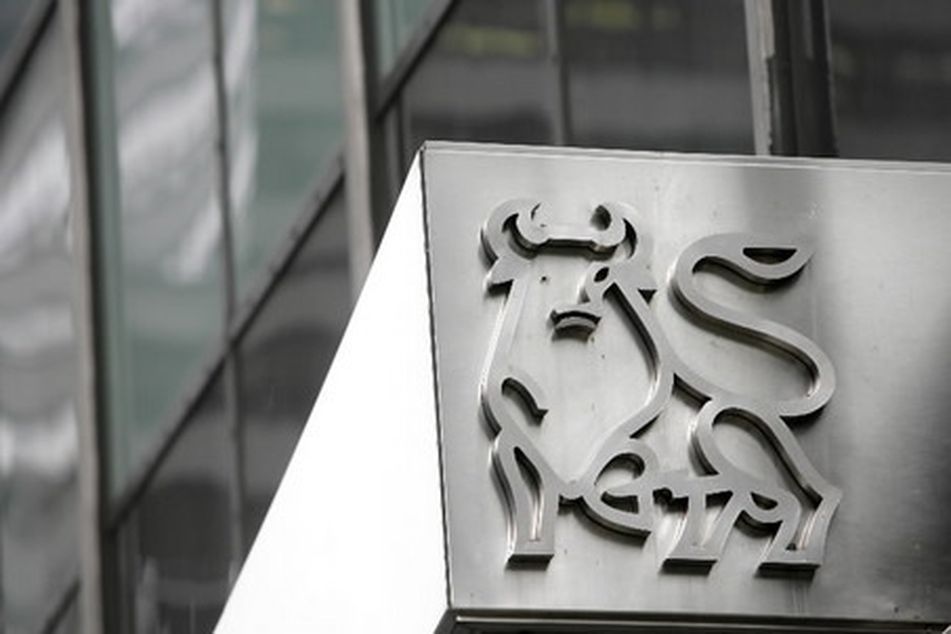Merrill Lynch auction rate securities suit dismissed

Merrill Lynch won dismissal of an investors' class-action lawsuit over auction-rate securities, at least the seventh such victory since the market collapsed in February 2008.
Merrill Lynch won dismissal of an investors’ class-action lawsuit over auction-rate securities, at least the seventh such victory since the market collapsed in February 2008.
U.S. District Judge Loretta A. Preska in New York found that Merrill Lynch, a unit of Bank of America Corp., couldn’t have manipulated the market by propping up the auctions with its own bids, because it disclosed that it participated in the bidding.
“The market is not misled when a transaction’s terms are fully disclosed,” Preska wrote in an opinion yesterday. “The fact that Merrill Lynch could prevent failed auctions through the placement of support bids was disclosed in numerous publicly available documents.”
At least 19 underwriters and broker-dealers were sued in class-action, or group, suits since the $330 billion market for auction-rate securities collapsed. The instruments are municipal bonds, corporate bonds and preferred stocks whose rates of return are periodically reset through auctions.
Daniel C. Girard, a lawyer for the investors in San Francisco, didn’t immediately return a call for comment left today before West Coast business hours.
In the lawsuits, investors accused the financial institutions of steering them to instruments promoted as safe as cash that turned out to be illiquid and couldn’t be redeemed. They also said the banks didn’t sufficiently disclose that they took part in the auctions to keep them from failing.
Preska said Merrill’s participation in the auctions was disclosed in prospectuses, on its Web site and through a 2006 probe of the instruments by the U.S. Securities and Exchange Commission. Because of those disclosures, the investors couldn’t argue that they relied on misstatements by the bank, she wrote.
“The plaintiffs took the opportunity to purchase ARS on their own initiative without availing themselves of the opportunity to detect the alleged fraud,” the judge wrote.
According to Preska, Merrill Lynch’s statement about the lack of auction failures in the past didn’t indicate the market’s good health. The bank’s participation in the auctions pointed to the possibility that they could fail, she said.
Merrill Lynch was represented by the law firm Skadden, Arps, Slate, Meagher & Flom in New York.
In no class action have the investors survived a motion to dismiss.
In four — against Citigroup Inc., UBS AG, Raymond James Financial Inc. and Deutsche Bank AG — they have been allowed to refile complaints found not to satisfy the requirements of a 1995 federal securities-fraud law designed to discourage frivolous stock-loss suits.
Other complaints were dismissed because the investors failed to prove they lost money. As private litigation moved forward, financial firms agreed to buy back at least $61 billion in auction-rate securities to end regulators’ probes of their treatment of customers.
U.S. District Judge Alvin K. Hellerstein in New York dismissed the auction-rate complaint against Deutsche Bank on March 24, allowing the investors to refile by April 23.
In deciding whether to dismiss a lawsuit or allow a case to go forward, judges rule on the sufficiency of the complaint rather than on the merits of the accusations.
The case is in re Merrill Lynch Auction Rate Securities, 09-md-2030, 08-cv-3037, U.S. District Court, Southern District of New York (Manhattan).
Learn more about reprints and licensing for this article.








